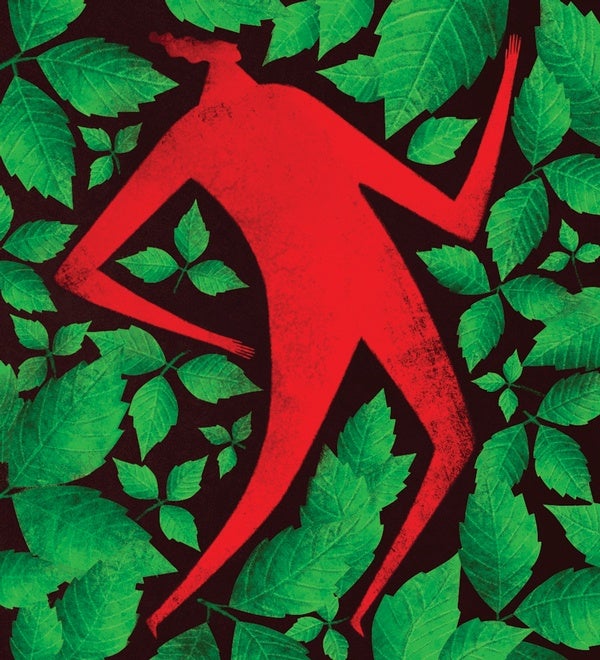 |
| September 20, 2021 |
 |
| |
| Medicine How Music Can Literally Heal the Heart Its structural attributes and physiological effects make it an ideal tool for learning cardiology, studying heart-brain interactions and dispensing neurocardiac therapy | | By Elaine Chew,Psyche Loui,Grace Leslie,Caroline Palmer,Jonathan Berger,Edward W. Large,Nicolò F. Bernardi,Suzanne Hanser,Julian F. Thayer,Michael A. Casey,Pier D. Lambiase | | | |
| |
| |
| |
| |
| |
| |
| |
| |
| |
FROM THE STORE
 | | The Math of Everything Galileo said that mathematics is the language of nature. This eBook examines math across disciplines, exploring how math is the backbone connecting the physical, social and economic worlds. From practical questions about the significance of p values and using math to fight gerrymandering to the top theoretical problems in the field, this collection looks at what math reveals about our universe. |  | | |
| |
LATEST ISSUES
 |
| |
| Questions? Comments?  | |
| Download the Scientific American App |
| |
| |




